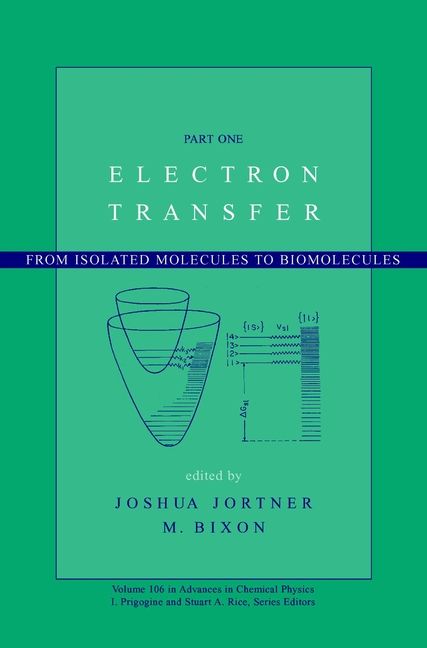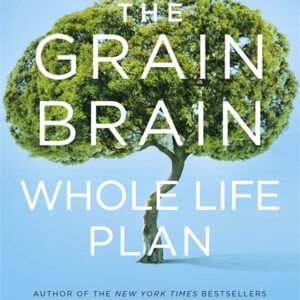an integrated approach to electron transfer phenomena<br /> <br /> This two-part stand-alone volume in the prestigious Advances in Chemical Physics series provides the most comprehensive overview of electron transfer science today. It draws on cutting-edge research from diverse areas of chemistry, physics, and biology-covering the most recent developments in the field, and pointing to important future trends. This initial volume includes:<br /> * A historical perspective spanning five decades<br /> * A review of concepts, problems, and ideas in current research<br /> * Electron transfer in isolated molecules and in clusters<br /> * General theory, including useful algorithms<br /> * Spectra and electron transfer kinetics in bridged compounds<br /> <br /> The second volume covers solvent control, ultrafast electron transfer and coherence effects, molecular electronics, electron transfer and chemistry, and biomolecules.<br /> <br /> Electron transfer science has seen tremendous progress in recent years. Technological innovations, most notably the advent of femtosecond lasers, now permit the real-time investigation of intramolecular and intermolecular electron transfer processes on a time scale of nuclear motion. New scientific information abounds, illuminating the processes of energy acquisition, storage, and disposal in large molecules, clusters, condensed phase, and biophysical systems.<br /> <br /> Electron Transfer: From Isolated Molecules to Biomolecules is the first book devoted to the exciting work being done in nonradiative electron transfer dynamics today. This two-part edited volume emphasizes the interdisciplinary nature of the field, bringing together the contributions of pioneers in chemistry, physics, and biology. Both theoretical and experimental topics are featured. The authors describe modern approaches to the exploration of different systems, including supersonic beam techniques, femtosecond laser spectroscopy, chemical syntheses, and methods in genetic and chemical engineering. They examine applications in such areas as supersonic jets, solvents, electrodes, semi- conductors, respiratory and enzymatic protein systems, photosynthesis, and more. They also relate electron transfer and radiationless transitions theory to pertinent physical phenomena, and provide a conceptual framework for the different processes.<br /> <br /> Complete with over two hundred illustrations, Part One reviews developments in the field since its inception fifty years ago, and discusses electron transfer phenomena in both isolated molecules and in clusters. It outlines the general theory, exploring areas of the control of kinetics, structure-function relationships, fluctuations, coherence, and coupling to solvents with complex spectral density in different types of electron transfer processes.<br /> <br /> Timely, comprehensive, and authoritative, Electron Transfer: From Isolated Molecules to Biomolecules is an essential resource for physical chemists, molecular physicists, and researchers working in nonradiative dynamics today.
Electron Transfer
₹37,872.00
From Isolated Molecules to Biomolecules, Part 1
This book is currently not in stock. You are pre-ordering this book.




